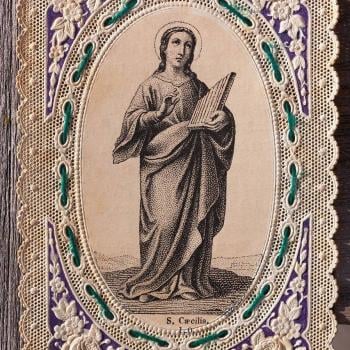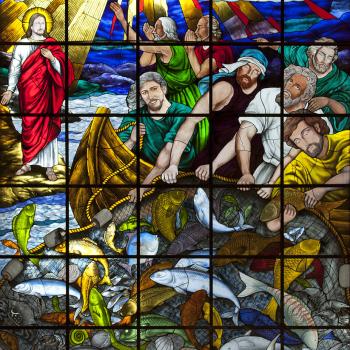His greatest love, however, is soccer. He's a great fan of Jerusalem's Beitar team, and when in a good mood, chooses to end the most serious conversation with a greeting to the team. This strange mixture of blunt politics and literate intelligence is exactly what may make him so attractive to both radical right-wingers and Russian intellectuals.
Members of the Russian-speaking community -- the majority of whom split their votes among the country's conservative parties -- love Yvette, the Russian nickname Israelis know him by. This differentiates Lieberman from his long-time rival, Natan Sharansky, who may be a hero to George W. Bush but is no longer popular in Israel. The differences don't stop there: Sharansky spent nine years in a Soviet jail for the Zionist cause and arrived in Israel as a hero. Lieberman worked his way to the top of the Israeli political scene from a job as a baggage handler at Ben-Gurion Airport. Luckily for Lieberman, a promotion to guard of a students' club in Jerusalem was in store, courtesy of Tzahi Hanegbi, now a Knesset member in Olmert's Kadima party. "I was his first political nomination," says Lieberman sarcastically, referring to an ongoing investigation of a long list of Hanegbi's political nominations as minister of internal security under Sharon. "I still don't understand why my nomination has never been investigated," he adds slyly.
Lieberman's big break came in 1988, when he met Netanyahu, then Israel's United Nations ambassador, and became his assistant. From then on, Lieberman's rise was meteoric -- from director-general of the Likud party in 1993 to director-general of the Prime Minister's Office after Netanyahu won the prime minister's seat in 1996. In the 1999 elections, Lieberman threw his own hat directly into the electoral ring with Beiteinu, which won just four Knesset seats. After this modest showing, he worked to broaden the party's appeal beyond the Russian-speaking community by adopting a law-and-order platform, calling, for example, for mandatory sentencing.
Today, it is the public figures he met in the law-and-order world -- a former deputy head of the Israeli secret service and a former deputy chief of police -- who provide Beiteinu with much-needed respectability. At the same time, Lieberman has stayed on message with his mantra of "Israel is our home -- Palestine is theirs," delighting his former Soviet compatriots. They respect his Putin-like strongman persona and couldn't agree more with the comparison he draws between Russia's handling of its Chechen problem and Israel's response to Palestinian aggression. "I think that all olim from Russia have a better understanding of the situation; they know that all illusions of the left are empty slogans," he says.
In spite of the law-and-order talk, Lieberman openly despises Israeli law-enforcement institutions. The feeling is generally mutual. Little is known about his business dealings, which include the importation of wood from the former Soviet Union to Israel, through which Lieberman made his fortune during breaks between government stints. The police anti-fraud squad is currently sorting through his private bank accounts and financial dealings in Cyprus, with possible charges in store. But Lieberman is unconcerned. "The more investigations, the more seats in the Knesset," Lieberman once told me, quoting his long time friend, Aryeh Deri, the former leader of the Orthodox Shas party. The sentiment rings true among many of Lieberman's fellow immigrants, who see the Israeli police as prejudiced against them.
Lieberman goes out of his way to project the image of a strong leader, but recently he's attempted to make himself more appealing to the general public. He has shed 40 pounds, so that he looks less intimidating. During the last election campaign, Michal, his 22-year-old-old blonde daughter, was mobilized to soften the image of the father who was, she suggested, wrongfully demonized. She attended some political rallies, offering protective and loving statements. Lieberman's face lights up for the only time during our interview when I mention Michal, who, following in her father's footsteps, studies international relations at Hebrew University and leads a right-wing student movement in preparation for entering politics.
Over the years, the thick-skinned Lieberman has become accustomed to being a favorite target of Israeli satirists. A decade ago, he was the inspiration for a television character named "Vladimir," a bullying civil servant. Recently, one of Israel's most popular TV shows,"A Wonderful Country," had an actor impersonating him demand to be greeted with "hi Lieberman," accompanied by the infamous "heil Hitler" salute. The mock Lieberman also asked for "just 10 minutes" to wipe Tehran off the map. It is rare that the real Lieberman responds to these punches, but the Hitler comparison must have hit a nerve; Lieberman complains to me that the actors were "mean" and points out that his father was a World War II veteran who fought against the Nazis.




